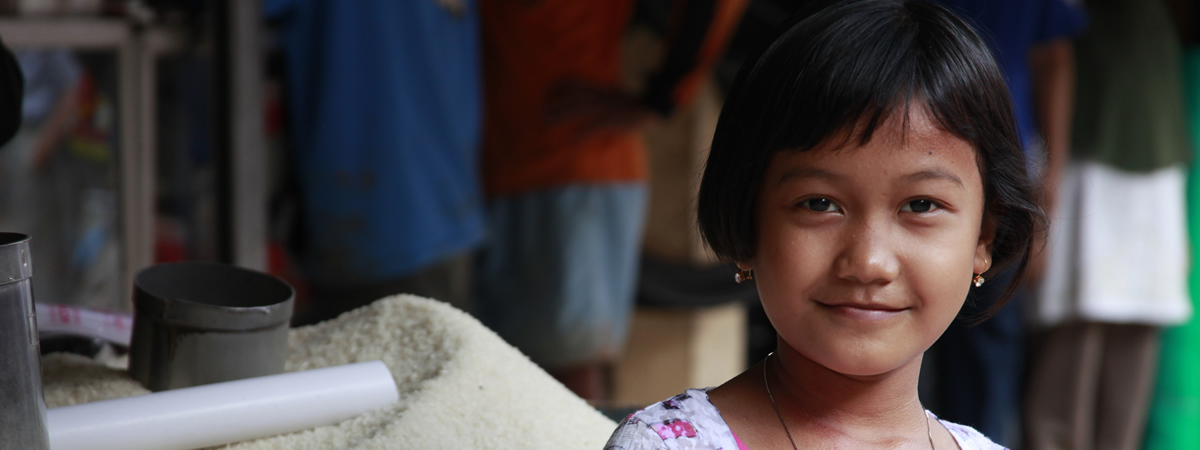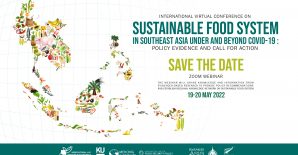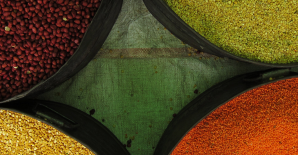News and Analysis
Volume of water in Toktogul reservoir is higher than in 2014
(24 News Agency, 17 Nov 2015) The volume of water in Toktogul reservoir is higher than in 2014, Vice Prime Minister Oleg Pankratov said today at a meeting of the Parliamentary Committee on Fuel and Energy Complex and Subsurface Management. According to him, as of November 13, 2015 the volume of water in Toktogul reservoir amounted to 12.6 billion cubic meters, which is 1.4 billion cubic meters more than last year's level. The volume of electricity production of Electric stations for ten months of the year amounted to 9, 720 billion kilowatt-hours, which is 1.4 million less than in 2014. The savings were obtained through the implementation of the established limits for consumers. Saving of energy in October in all distribution companies amounted to 43.7 million kilowatt-hours," Oleg Pankratov said.
Kazakhstan. The impact of weather on crops of wheat
(UkrAgroConsult, 17 Nov 2015) The winter wheat growing areas in the south and south-east of the Republic of Kazakhstan in the first half of November, weather conditions have been less favorable for the growing season. Lowering the temperature of the air at night sometimes up to 2-10 ° C below zero caused the termination of the growing season of winter wheat. Short-term deposits, held in the southern regions have been favorable for the accumulation of soil moisture.
World Bank’s Economic Update for Tajikistan discussed in Dushanbe
(Asia-Plus, 16 Nov 2015) The decline in remittances from Russia, weak global demand and low prices for the country’s key export commodities such as aluminum and cotton will cause Tajikistan’s economic growth to slow to an estimated 4.2 percent in 2015, the World Bank said its new bi-annual Tajikistan Economic Update launched in Dushanbe.
The fall in remittances and slowdown of economic growth is having a strong impact on income, which is expected to contract by 10 percent in 2015.
Ara Nranyan: EEU has to build economy competitive on world rather than domestic market
(24 News Agency, 14 Nov 2015) "Eurasian Economic Union has to build an economy which is competitive on the world rather than the domestic market," member of the board (the Minister) of the Eurasian Economic Commission Ara Nranyan said. According to him, right after joining the Union, Armenia experienced a number of difficulties related not only to the devaluation of the national currency, but also the complexity of the mechanism of VAT refund and low capacity Upper Lars checkpoint. However, the problems are being solved gradually. For example, EEC is now actively involved in the simplification of the VAT refund mechanism, which will have a beneficial impact on trade between countries of the Union.
Roundtable to discuss management of Central Asian water resources held in Kazakhstan
(Asia-Plus, 13 Nov 2015) A roundtable entitled “Advancing Regional Dialogue on the efficient application of International Law in the management of Water Resources as a Factor for Strengthening Cooperation and Stability in Central Asia” was organized on November 11-12, 2015 in Almaty, Kazakhstan, by the United Nations Regional Center for Preventive Diplomacy for Central Asia (UNRCCA) with support of the US Government. According to UNRCCA, the two-day event was attended by specialists of relevant ministries and agencies of Central Asian states, branches of the International Fund for Saving the Aral Sea (IFAS), representatives of UN entities, regional organizations and international experts.
Kazakhstan changes procedure of migration cards issue to citizens of EEU
(24 News Agency, 13 Nov 2015) Kazakhstan changes the procedure of issue of migration cards to citizens of the EEU. The Ministry of Economy of the Kyrgyz Republic reported.
According to it, the Ministry of National Economy of Kazakhstan informed the Eurasian Economic Commission on the implementation of the agreement on EEU in part of labor migration. From now on, nobody needs to fill in a migration card when entering Kazakhstan with a passport for up to 30 days. The immigration authorities will only get it stamped.
Uzbek Labour Ministry, JICA discuss development of cooperation
(UzDaily, 13 Nov 2015) Minister of Labor and Social Protection of Population Aziz Abduhakimov met with the head of the JICA Country Office in Uzbekistan Fushimi Katsutoshi on 13 November 2015. The meeting was organized on initiative of the Japanese side and the sides discussed issues of cooperation between the Uzbek Ministry and JICA, including organization of seminars for employees of Muruvvat houses. Uzbek Minister briefed the Japanese side on medical-social institutions of the Ministry, their status, people living there, social services and medical services, provided to the people. It was stated that social protection of people, living at Murruvat and Sahovat houses, is under attention of the Government.
Over 1.03 trln. soums directed to construct, repair roads in Jan-Sep
(UzDaily, 17 Nov 2015) Uzbekistan directed 1.039 trillion soums to construction, capital and current repair of roads in general use in nine months of 2015, which rose by 32.4% year-on-year. In line with the investment programme for 2015, it is planned to construct and reconstruct 141.6 km of automobile roads of general use. According to the contracts, the road works for 375.6 billion soums were carried out in nine months of 2015 and 93.7 km of automobile roads were reconstructed.
Publications
Speeding up trade: benefits and challenges of implementing the WTO Trade Facilitation Agreement
(World Trade Organization Report 2015) The World Trade Report is an annual publication that aims to deepen understanding about trends in trade, trade policy issues and the multilateral trading system. The 2015 World Trade Report is split into two main parts. The first is a brief summary of the trade situation in 2014 and early 2015. The second part examines the benefits and challenges of implementing the WTO’s Trade Facilitation Agreement.
How to De-Dollarize Financial Systems in the Caucasus and Central Asia?
(S.B. Naceur, A. Hosny and G. Hadjian. September 2015. IMF Working Paper No. 15/203)
Dollarization rates in the Caucasus and Central Asia (CCA) region are among the highest in the world, with adverse consequences for macroeconomic stability, monetary policy transmission, and financial sector development. Using dynamic panel data models, we find that foreign exchange deposits and loans in the CCA are mainly driven by volatile inflation and exchange rates, low financial depth, and asymmetric exchange rate policies biased toward depreciation. Although there is no unique formula for success, empirical studies and cross-country experiences suggest that credible monetary and exchange rate frameworks, low and stable inflation, and deep domestic financial markets are essential ingredients of any dedollarization strategy. In implementation, policymakers need to consider proper sequencing of policies, effective communication as well as risks from potential financial disintermediation and instability, and/or capital flight.




Leave a Reply